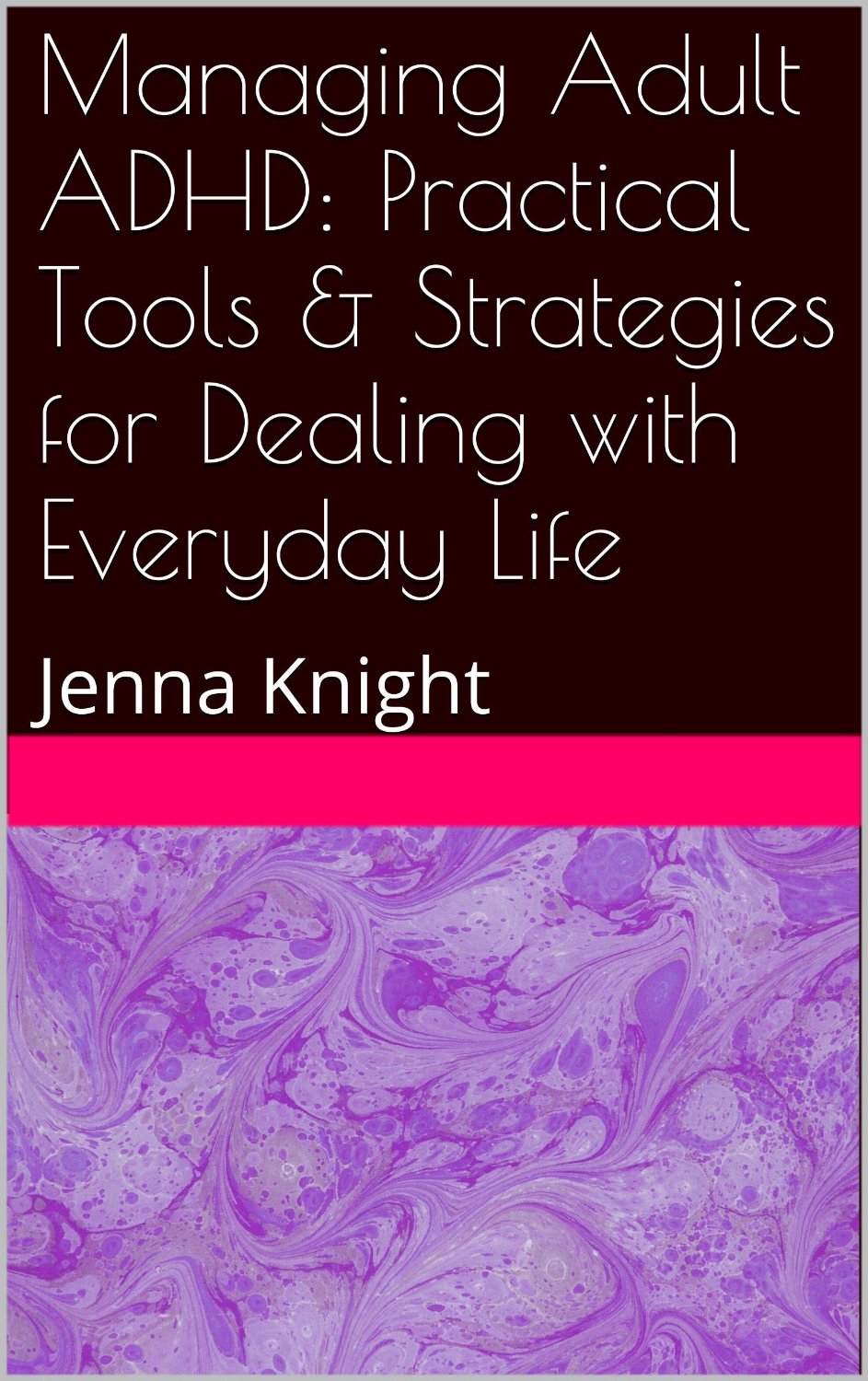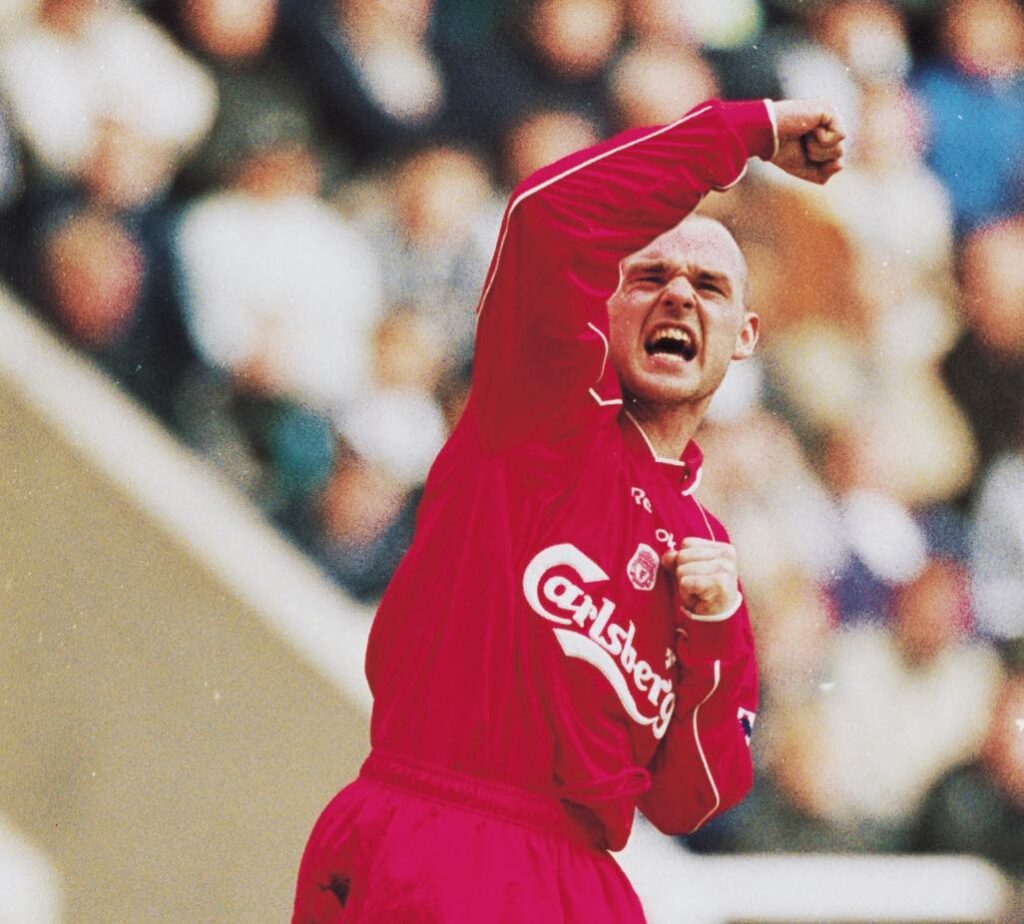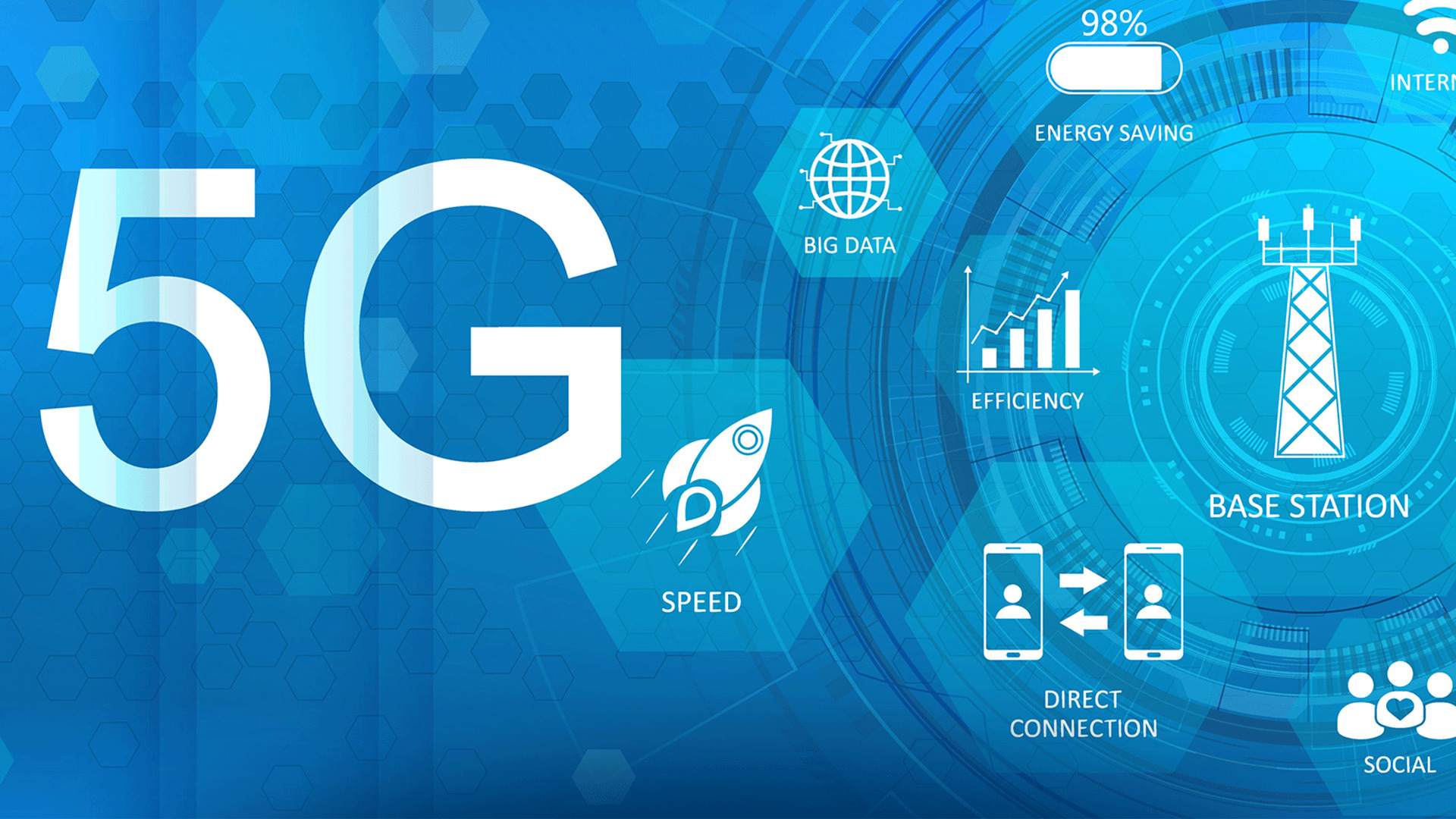I Think I Have Adult ADHD: A Practical Guide

Table of Contents
Recognizing the Symptoms of Adult ADHD
Adult ADHD manifests differently in adults than in children. Recognizing the symptoms is the first crucial step towards seeking help. While symptoms can vary greatly, several key indicators are common.
Inattentiveness: The Struggle with Focus
Difficulty focusing is a hallmark of Adult ADHD, often manifesting as poor concentration and difficulty completing tasks. This inattentiveness can significantly impact daily life.
- Losing track of conversations: Finding yourself zoning out mid-conversation or forgetting what was just said.
- Misplacing items frequently: Constantly searching for keys, wallets, or other essential items.
- Struggling to complete tasks: Starting projects with enthusiasm but failing to follow through, leading to unfinished work and feelings of frustration.
- Difficulty sustaining attention during lectures or meetings: Finding it challenging to concentrate in settings requiring prolonged focus.
These symptoms can be indicative of ADHD inattentive type, sometimes also referred to as adult ADD symptoms, characterized primarily by problems with focus and organization. Difficulties with focus problems and poor concentration are pervasive throughout daily activities.
Hyperactivity and Impulsivity: The Restless Energy
While inattentiveness is key, some adults with ADHD also experience hyperactivity and impulsivity. This can involve restless energy, difficulty waiting, and acting without thinking.
- Fidgeting: Constant movement, tapping feet, or other restless behaviors.
- Excessive energy: Feeling unusually restless and agitated.
- Making impulsive decisions: Acting on impulse without considering the consequences.
- Difficulty controlling emotions: Experiencing intense emotional reactions that are difficult to manage.
- Engaging in risky behaviors: Taking unnecessary risks without fully considering potential dangers.
These symptoms are more aligned with the ADHD hyperactive type, but many individuals experience a combination of inattentive and hyperactive symptoms. Impulsivity issues and restlessness can be disruptive in both personal and professional contexts.
Beyond the Textbook: Subtle Signs of Adult ADHD
Many adults with ADHD experience subtler symptoms often overlooked. These less obvious signs can significantly impact various aspects of life, including emotional well-being, relationships, and career.
- Chronic feelings of overwhelm: Constantly feeling stressed and unable to cope with daily demands.
- Difficulty managing emotions: Experiencing intense emotional swings and struggling to regulate emotions.
- Relationship problems stemming from impulsivity or forgetfulness: Strained relationships due to impulsive actions or forgetfulness.
- Career stagnation despite capabilities: Failing to reach one's full potential due to organizational challenges or difficulty concentrating.
Recognizing these subtle signs of emotional dysregulation in ADHD, relationship difficulties with ADHD, and career challenges with ADHD is vital for a comprehensive understanding.
Seeking Professional Help for Adult ADHD
If you recognize yourself in the descriptions above, it's important to seek professional help. Getting a proper diagnosis is crucial for effective management.
Finding the Right Professional
The first step is finding a qualified healthcare professional specializing in ADHD. This could be a psychiatrist, psychologist, or other qualified mental health provider.
- Researching clinicians in your area: Use online resources to locate specialists near you.
- Understanding the difference between psychiatrists and psychologists: Psychiatrists can prescribe medication, while psychologists often focus on therapy.
- Checking insurance coverage: Verify that your insurance plan covers ADHD evaluations and treatment.
Finding an ADHD specialist or ADHD doctor is important to ensure a thorough and accurate assessment. This process involves an ADHD diagnosis through a comprehensive evaluation.
The Diagnostic Process
The diagnostic process typically involves several steps.
- Preparing for your appointment: Gather information about your symptoms and history.
- Understanding the types of assessments used: Expect questionnaires, interviews, and potentially neuropsychological testing.
- Asking questions during the process: Don't hesitate to clarify anything you don't understand.
The ADHD assessment may involve various questionnaires and interviews to thoroughly evaluate your symptoms. The ADHD testing process may include neuropsychological testing to assess cognitive functions. Understanding the ADHD diagnosis process will help you feel more prepared.
Navigating the Healthcare System
Navigating the healthcare system can be challenging.
- Understanding insurance coverage for ADHD treatment: Know your policy's specifics regarding coverage.
- Exploring options for financial assistance: Inquire about financial aid programs if needed.
- Managing expectations around appointment scheduling: Be prepared for potential delays.
The ADHD treatment cost can vary depending on your location and insurance coverage. Finding affordable ADHD treatment might require research and careful planning. Understanding ADHD insurance coverage is critical.
Coping Mechanisms and Treatment Options for Adult ADHD
Once diagnosed, various treatment options can help manage Adult ADHD symptoms.
Lifestyle Changes
Lifestyle adjustments can significantly improve symptoms.
- Creating a regular sleep schedule: Prioritizing sufficient sleep improves focus and mood.
- Incorporating physical activity into daily routines: Exercise releases endorphins and helps regulate mood and energy levels.
- Practicing mindfulness or meditation techniques: Mindfulness helps improve focus and attention.
These ADHD self-help techniques can complement professional treatment and improve overall well-being. Managing ADHD symptoms naturally can be a significant part of your treatment plan.
Medication Management
Medication is a common treatment for ADHD, often used in conjunction with therapy.
- Different types of ADHD medication (stimulants, non-stimulants): Stimulants are often the first line of treatment, but non-stimulants are also available.
- Understanding potential side effects: Discuss potential side effects with your doctor.
- Working with a doctor to find the right medication and dosage: Finding the right medication and dosage may take time and experimentation.
Choosing the right ADHD medication requires careful consideration and close monitoring by a healthcare professional. Discussing ADHD treatment options with your doctor is vital.
Therapy and Support Groups
Therapy, particularly Cognitive Behavioral Therapy (CBT), can teach coping mechanisms and strategies for managing ADHD challenges. Support groups provide a sense of community and shared experiences.
- Benefits of CBT for ADHD: CBT helps develop strategies for managing impulsivity, procrastination, and other symptoms.
- Finding local support groups: Connect with others facing similar challenges.
- Online ADHD communities: Numerous online communities offer support and resources.
ADHD therapy and ADHD support groups provide invaluable resources and a network of support for individuals living with ADHD.
Conclusion
If you suspect you have Adult ADHD, taking the first step towards understanding and seeking help is crucial. This guide has provided an overview of the symptoms, diagnostic process, and treatment options for Adult ADHD. Remember, seeking a professional diagnosis is essential for developing a personalized treatment plan. Don't hesitate to reach out to a healthcare professional if you think you have Adult ADHD. Taking control of your mental health is a significant step towards a more fulfilling life. Start your journey towards better managing your Adult ADHD today.

Featured Posts
-
 Ramiro Helmeyers Dedication To Blaugrana Success
Apr 29, 2025
Ramiro Helmeyers Dedication To Blaugrana Success
Apr 29, 2025 -
 Donald Trumps Pardon Push Pete Roses Hall Of Fame Hope
Apr 29, 2025
Donald Trumps Pardon Push Pete Roses Hall Of Fame Hope
Apr 29, 2025 -
 Parita Lavorativa Situazione Attuale E Prospettive Future
Apr 29, 2025
Parita Lavorativa Situazione Attuale E Prospettive Future
Apr 29, 2025 -
 Move Over Quinoa Introducing The Next Big Health Food
Apr 29, 2025
Move Over Quinoa Introducing The Next Big Health Food
Apr 29, 2025 -
 Blue Origins Rocket Launch Cancellation Details On The Subsystem Issue
Apr 29, 2025
Blue Origins Rocket Launch Cancellation Details On The Subsystem Issue
Apr 29, 2025
